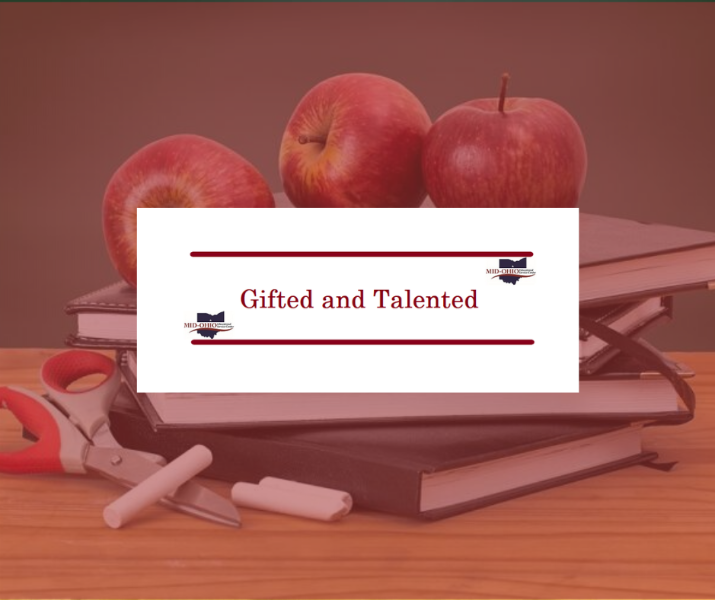MOESC Book Clubs Enhance Educator’s Abilities in Gifted Education
Mid-Ohio Educational Service Center offers a series of book studies that are moderated online through Google Classroom. They have proven very popular, averaging 70 teachers participating for each book. Although anyone is able to participate, these book studies are specifically designed to provide professional development to teachers who are serving gifted students.
Jennifer Pennell, gifted instruction consultant and one of the creators of the book studies, said, “This year’s offerings have covered topics relating to motivation, persistence, introversion vs. extroversion, and developing a growth mindset. We have discovered how these concepts affect our gifted learners and how we as teachers can support our gifted students to foster a healthy social emotional outlook.”
Pennell said one very enthusiastic participant is Mark Steiner, a Lucas High School teacher, where he teaches biology, anatomy and physiology. “He has been an avid participant in all of our book studies,” explained Pennell, “and does a fantastic job of translating what he has learned to the student level by incorporating these concepts into his lessons and discussions with his students.”
Steiner said because Lucas is a small district, it can be hard to find time to talk about the art of teaching. He said this book club allows him to get multiple perspectives from teachers in other districts that he would likely not have ever interacted with. But, he said, the biggest takeaway from the book club is what he brings back to the classroom.
"The best information is practical,” said Steiner, “so sometimes in these books there is something very philosophical and you have to turn it into something pragmatic. For example, I’m reading Grit by Angela Duckworth, and she says grit, which is the ability to persevere, is the number one predictor of success. It’s fact, it’s evidence based, but it’s also kind of philosophical because the question is, “how?” How do I then have my students become grittier?”
He said he has boiled down what he thinks is important from the books and then constantly talks and shows his students examples in their everyday lives of why the information he is learning in the book club is helpful or important. Students can easily take on what they think is important at the moment, but he said it’s vital to challenge students to find long-term applications for the information he gives to them.
Steiner explained, “The importance of the books is that they outline what makes a good teacher ‘good.’ [But t]he books remind us as teachers that we must maintain an open mind, or a growth mindset. We are not finished as educators yet. We still have much to learn and our students will be our teachers.”





 Launch the media gallery 1 player
Launch the media gallery 1 player